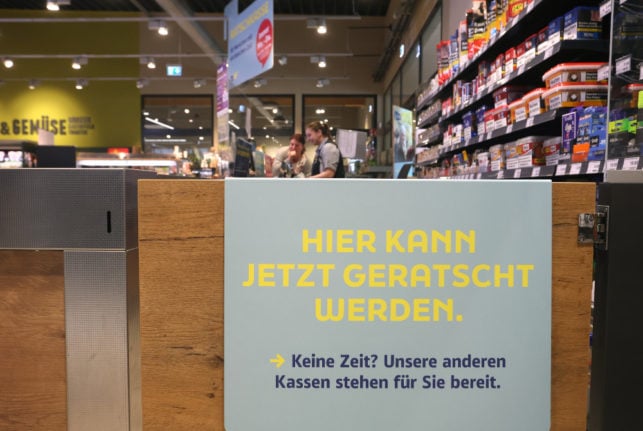Kissing etiquette isn’t what it used to be. Thats what I found when I was reunited with my dear sister in Los Angeles in April. She kissed me lightly on the mouth, as did my niece and even my second-cousin!
At first, I thought, hmm… this must be one of those extraordinary California things. In the United States, unconventional trends seem to start on the West Coast, and make their way eastward.
Folks who live in or near Hollywood have for decades been accustomed to an anemic cheek-to-cheek grazing, while uttering something that sounds like “mwouah.”
To be kissed on the cheek by a female relation, friend or acquaintance in America or Europe is nothing to get excited about. It just means you don’t smell too badly.
There aren’t any romantic implications to that kind of gesture, unless you start nibbling on someone’s ear. Similarly, this new lip-pecking is a sign of chaste affection, not an invitation to romance.
At the same time, show biz and other forms of pop culture have pushed the envelope when it comes to public displays of affection. I’m thinking of Madonna’s sloppy kiss with Britney Spears at a televised MTV awards ceremony a few years ago.
So what is the situation on the roof of Europe?
Traditionally, the bashful Swedes have guarded their personal space closely. “Stay at least one arm’s length away when greeting a Swede.” That’s the advice new immigrants to Sweden used to receive about dealing with the natives.
The Brits have traditionally also been cautious about body contact; a proper handshake or nod is effusive enough, thank you very much.
Nowadays, close male friends in Sweden routinely greet each other with bear hugs, not handshakes. Young moms in Sweden think nothing about kissing their kids on the lips. And some young women greet each other with a light brushing of lips, seemingly with no greater significance.
Obviously, some of the old taboos and inhibitions we inherited from our parents have fallen by the wayside.
The brave new world of unromantic kissing has also found its way into the political arena.
When former Left Party leader Gudrun Schyman stepped down a few years ago, she turned over her position to successor Ulla Hoffman with an affectionate lip-kiss, which was captured on camera. It wasn’t a Madonna love-fest, but rather daring by Swedish standards.
Previously, the most remarkable political kiss immortalized in a photograph was the enthusiastic lip-to-lip contact way back in 1979 of USSR leader Leonid Brezhnev and his East German comrade, Erich Honecker. That disturbing “solidarity kiss” was an image most of us would like to forget.
But political kissing isn’t solely the prerogative of the Left. In fall 2007, Ulrica Schenström, the top aide to conservative Swedish prime minister Fredrik Reinfeldt, was caught on camera having more than a few drinks, and kissing a male TV reporter who was not her husband.
She was forced to resign because she was officially on call that particular evening to help deal with eventual national emergencies. Thus, it was irresponsible to get wasted on that particular night. The on-camera kiss was a non-issue since both the politician and the journalist flatly denied any romantic involvement.
A new etiquette for kissing appears to be evolving on both sides of the Atlantic Ocean. The rules of the game are fuzzy in my mind. But it would seem that for some people in some situations a lip-to-lip kiss is little more than a hug or hearty handshake.





 Please whitelist us to continue reading.
Please whitelist us to continue reading.